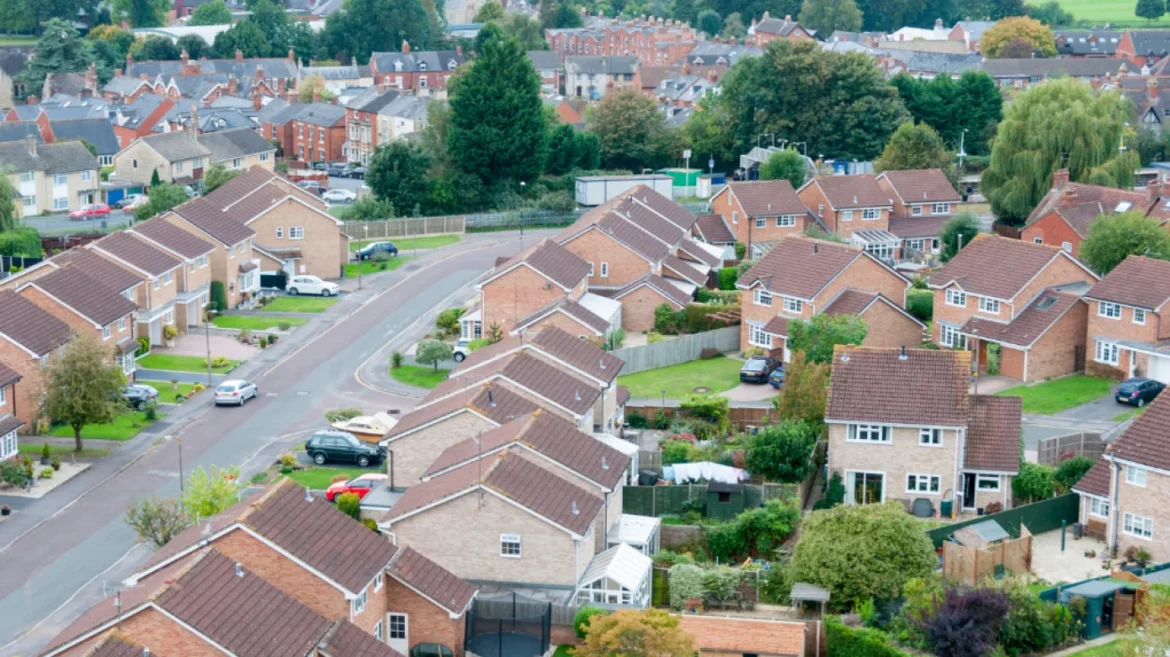With millions of families battling to find adequate and reasonably priced homes, England’s social housing crisis is unprecedented. Family-sized social housing have had record-breaking waiting lists; some regions now have waits spanning more than 100 years. Children who are growing up in cramped, transitory accommodation far from ideal are likewise impacted by this social housing problem alongside adults. Experts are advising the government to act to fix this expanding problem since quick response is required.
Table of Contents
ToggleWhy are the crises in social housing so severe?
Over the past ten years, the English social housing issue has become more severe. Leading housing groups’ studies show that in many areas of the nation, waiting lists for reasonably priced homes with at least three bedrooms now stretch eighteen years. For many families, this means waiting for a decent home practically their whole lifetime. Certain councils, especially in London, have waiting lists spanning more than 100 years, placing families in uncertainty without any obvious fix in sight.
For many families, this issue has brought frustration and hopelessness; housing charity have referred to the circumstances as a “national scandal.” Families all throughout England are being driven into makeshift homes sometimes cramped, inadequate for long-term dwelling, and not fit for use. For many, the dearth of reasonably priced housing has resulted in more homelessness and subpar living circumstances.
How Does the Social Housing Crisis Affect Families?
Families suffer great consequences from the social housing crisis. Tower Hamlet mother of four Angie has spent sixteen years on the waiting list. She bids for homes every week, however, she is still confined to substandard private leased accommodation. Her family finds it almost impossible to find a stable, long-term home as the average wait for a family-sized house in her neighbourhood is more than 40 years.
Families living in tight quarters can deal with more difficulty and stress. For Angie’s family, living in small quarters has caused conflict and discomfort. Her three daughters share a bedroom; her son sleeps in a little box room. The family has had to live without central heating, which aggravates circumstances, particularly in light of a youngster with asthma. Angie says, “We cannot make it our own; the children have never been able to feel that this place is their home.” These families fight to live in far-from-perfect situations, hence, the emotional toll they go through cannot be emphasised.
How Might the Social Housing Crisis Be Solved?
Experts advocating a solution for the social housing crisis are urging the government to fund the building of more reasonably priced residences. To satisfy the increasing demand, they especially support a dedication to create 90,000 new social houses annually. This would call for a long-term plan aimed at resolving the housing scarcity and significant financial commitment.
Although many analysts contend that this is insufficient, the government has promised to fund affordable housing projects with £2 billion at present. New home construction has to be greatly accelerated to guarantee that families on waiting lists have the chance to land a nice, reasonably priced house. The government’s proposal also includes changes to the right-to-buy scheme, which seeks to guard current social housing from being sold off, but detractors argue more has to be done to boost the total supply of reasonably priced homes.
Will the government solve the shortage of houses?
Although policy changes and financial pledges are part of the government’s present strategy for addressing the social housing problem, concerns persist regarding whether these initiatives will be sufficient to satisfy demand. Although the £2 billion injection into affordable housing is a positive start, many believe more significant and quick action is required, given that there are over 1.3 million households on the waiting list.
Although the government’s proposed modification of the right-to- purchase program helps to preserve the current supply of social housing, detractors contend that it does not sufficiently solve the basic problem of inadequate housing. The social housing problem will keep getting worse without a clear and consistent plan to raise the availability of reasonably priced dwellings, therefore leaving many families in unstable conditions.
What Does the Future Expect from Families?
The future is yet unknown for families presently impacted by the social housing crisis. Long waiting times and the dearth of reasonably priced homes mean that many families have few choices. More and more families are being compelled to live in temporary or packed circumstances as the crisis deepens, which can have major consequences on their emotional and physical health.
The government has to give social housing top priority as reform and investment target for breaking this cycle. The government can start to solve the social housing problem and give families the stable, safe living conditions they so deserve by pledging to create more reasonably priced homes and guaranteeing that current ones are kept free from sale off.
In sum: An Appeal for Right Action Right Away
Ignoring the growing social housing crisis in England any more is unacceptable. Families suffer; social housing waiting lists keep getting longer every year. Solving this problem and giving people access to reasonably priced, high-quality homes demands a quick response. The government can start to address this problem and guarantee that every family has the chance to live in safe, stable conditions by investing in social housing and, therefore, boosting the availability of reasonably priced homes.
Policymakers should act to solve the social housing crisis before it influences even more households all throughout England. There is an immediate need for change; the present housing problems cannot be solved without group cooperation. For more information or new updates on this topic, please refer to our latest article.


